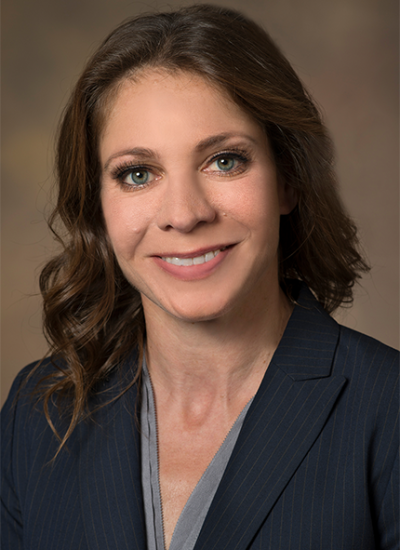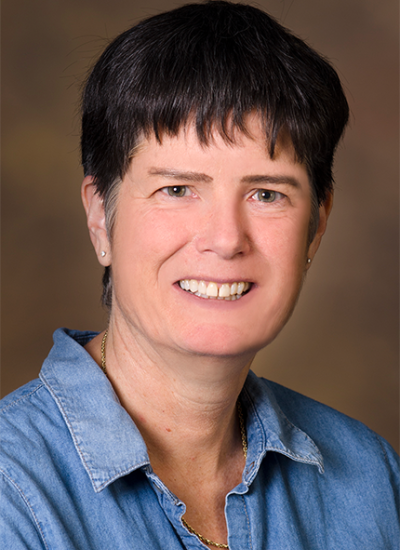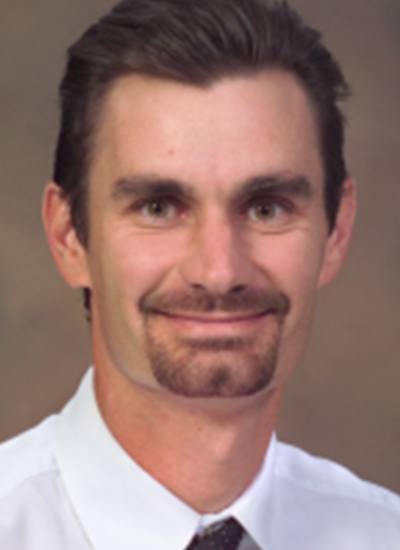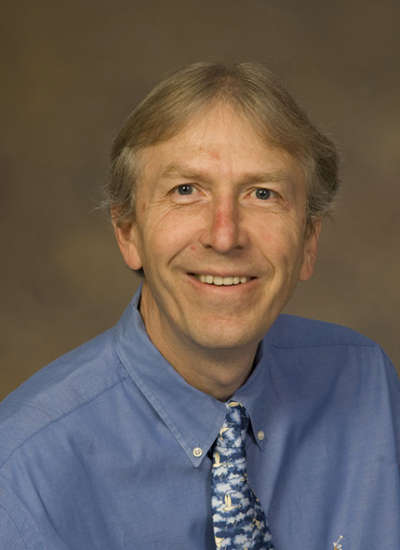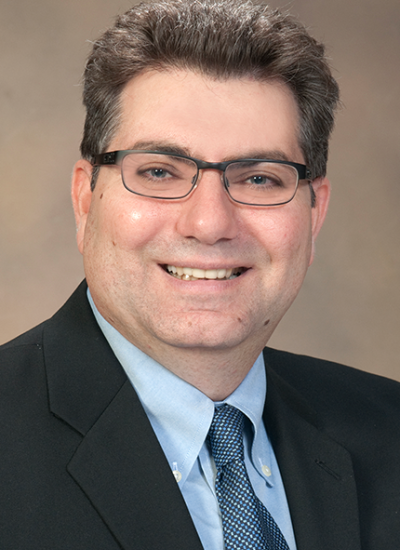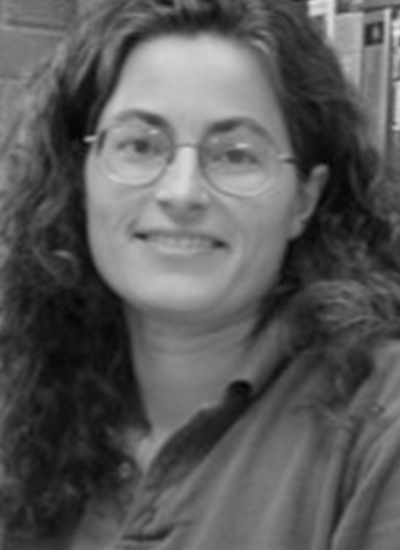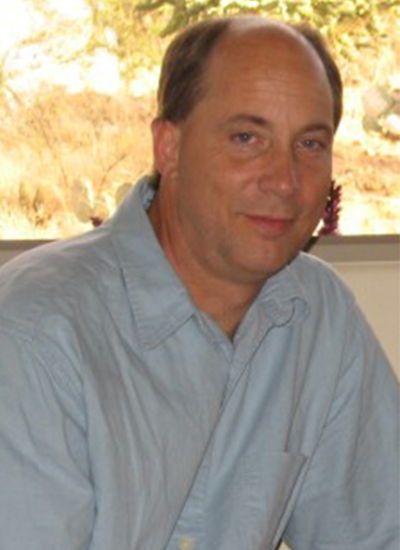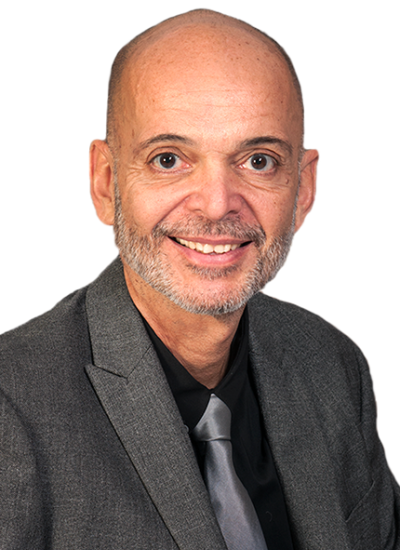Clinical medicine
Jean M Wilson
Research Interest
VK Viswanathan
Work Summary
Around the world, diarrhea kills ninety children every hour. My laboratory uses the latest technology to understand how bacteria cause diarrhea in children. In addition to providing clues for new ways to prevent disease, our research helps us understand how the body maintains good health.
Research Interest
Todd W Vanderah
Research Interest
John A Szivek
Research Interest
Klearchos K Papas
Research Interest
Katrina M Miranda
Work Summary
We seek to produce new drugs that harness molecules produced during the natural immune response in order to treat cancer and pain. Such compounds may also provide new treatments for heart failure and alcoholism.
Research Interest
Ronald M Lynch
Work Summary
Precise diagnosis and treatment of disease requires an ability to target agents to specific tissues and cell types within those tissues. We are developing agents that exhibit cell type specificity for these purposes.
Research Interest
Julie Ledford
Work Summary
Julie Ledford's research focuses on respiratory disease, and genetic and molecular mechanisms of allergic airway diseases in children.
Research Interest
Emmanuel Katsanis
Work Summary
Augmenting immune responses to cancer. Reducing relapse and graft versus host disease after hematopoietic cell transplantation.
Research Interest
Pagination
- Page 1
- Next page


